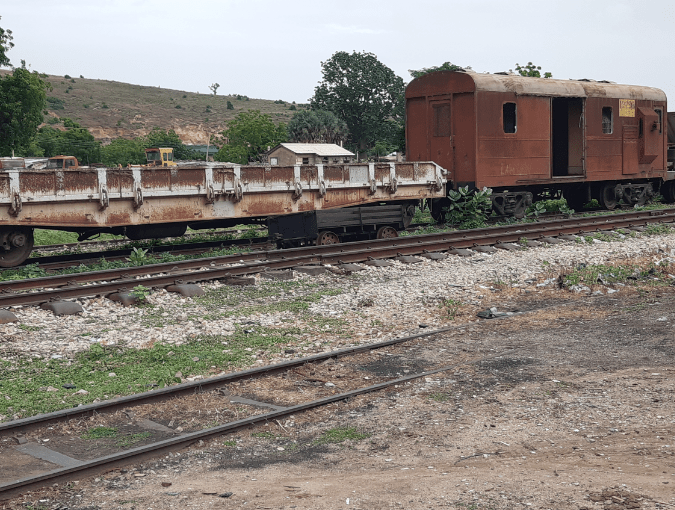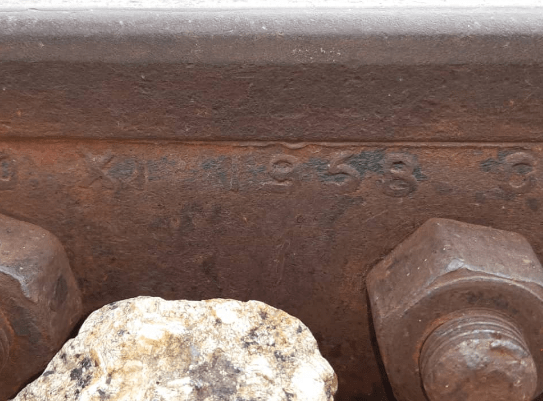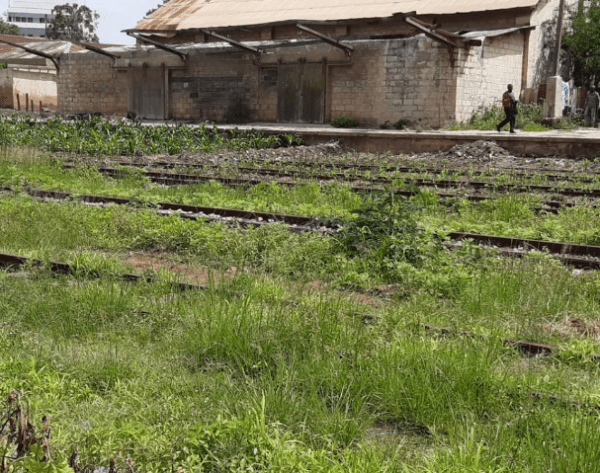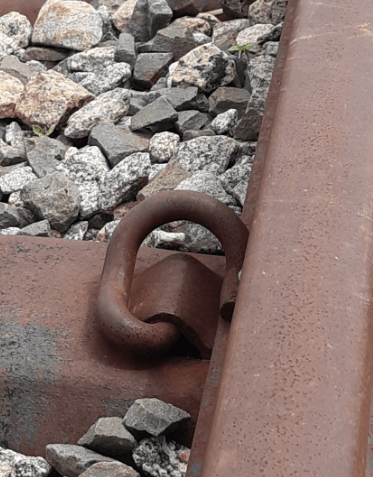INVESTIGATION: From Jonathan to Buhari: Inside Nigeria’s multibillion naira railway fraud

Insiders at the transportation ministry told PREMIUM TIMES the three firms – Eser W.A. Limited, CGGC Global Projects Nigeria Limited and Lingo Nigeria Limited – have since complied with the directive. For weeks, PREMIUM TIMES tried to obtain details of the exit plans submitted by the contractors but officials were reluctant to make the documents available.
In May 2010, months after he came to power, President Goodluck Jonathan launched an ambitious project of resuscitating and expanding the country’s rail lines. One of the lines identified for immediate rehabilitation was the Port-Harcourt — Maiduguri corridor. The rehabilitation work was partitioned into three contracts.
A month-long investigation by this paper has, however, shown that the most problematic of the contracts was that awarded to Lingo Nigeria. Our investigation involved an extensive review of documents, interviews with officials and tracking of the rail track across three states, namely Plateau, Bauchi, and Gombe.
Mission to Kuru

As documents and testimonies by officials showed, Lingo later hired a Chinese firm, Chinese Railway No. 5 Engineering Group Co. Ltd, or CREC5 for short, for the rehabilitation work. The Chinese firm, which would later introduce itself as Lingo’s “subcontractor” then mobilised to site in 2014.



Back to Kuru, rehabilitation work started on the 40 KM branch line from the junction going to Jos Terminus through Bukuru and Vom. However, the rehabilitation work on the branch line was only on a few points as no work was done at Vom, outside the Bukuru station and up to the Jos station, all observed to be having the old BS-60 and submerged by grasses, sands and trash. All these were seen in various places along the branch line, including Vom, Bukuru, Tetenji, Jos station and Dagbak.
So, in sum, the rehabilitation work may never have covered up to 100 KM on a 640 KM line. But Lingo actually claimed it rehabilitated the line from Kuru to Gombe, a distance of 337 KM and that trains could run between the two points. That claim is a far cry from the reality on the ground.
But a senior official, who did not want to be identified by name, said the performance could not even be measured by the number of kilometres. “You have to consider the quality of work, the clips, the sleepers and construction of bridges, embankment where necessary.”
“They (the Chinese firm hired by Lingo) did a terrible job,” one track man said in Kuru. Officials variously said the clips used to fasten the sleepers and fish plates with tracks are hooks and knots that could be easily unfastened “with spanner and stone” by vandals. “So thieves are removing clips and fish plates and it’s impossible for trains to pass even with the rehabilitation,” the official said.


But how was the company able to win a N23.7 billion railway contract even though a record of previous experience in railway construction was required?
In an internal document seen by PREMIUM TIMES, the transportation ministry, which supervises the NRC, flagged the arbitrary and illegal change of rule in the middle of the game. “The three sections of the project should have been advertised,” the ministry said. “Increasing the project from 2 to 3 sections after the advertisement is a violation of the provision stipulating adherence to specification, description, and criteria as advertised.”
Mr Sijuade’s NRC was then indicted for contract manipulations by the State Security Service, the agency said in March 2016.
As documents showed, he purported to be partnering with a European company, Strasky Husty and Partners Limited, SHP, originally a Czech company but also registered in the United Kingdom. SHP UK was incorporated in 2002 and dissolved according to official records obtained by PREMIUM TIMES in November 2018, after having gone dormant since 2010, about same the time it was brought to Nigeria for a multi-billion naira contract.
Despite the inadequacies, the NRC awarded Lingo the contract in a curious process that left concerns about the integrity and competence of officials at the NRC and the Bureau of Public Procurement (BPP).
But all that was not enough to stop Mr Ukachukwu’s Lingo. All concerns about contraventions of due process and procurement law were brushed aside.
On March 24, 2011, the BPP released the certificate of “no objection” for the award of the contract to Lingo in the sum of N23.7 billion, the exact bid amount, on the recommendation of the NRC.
It was then, with the contract awarded without the association with SHP, that it became manifest that the European company was only used for subterfuge, that is, to hustle the authorities into awarding Lingo the contract.
Then, he queried, “even if it is true (that Lingo was in association with SHP), does it matter as long as Lingo was given the contract and it executed it?”
Having used and dumped SHP and without technical competence, Lingo then hired the Chinese firm for the rehabilitation work and ended up taking billions of naira without commensurate performance.


